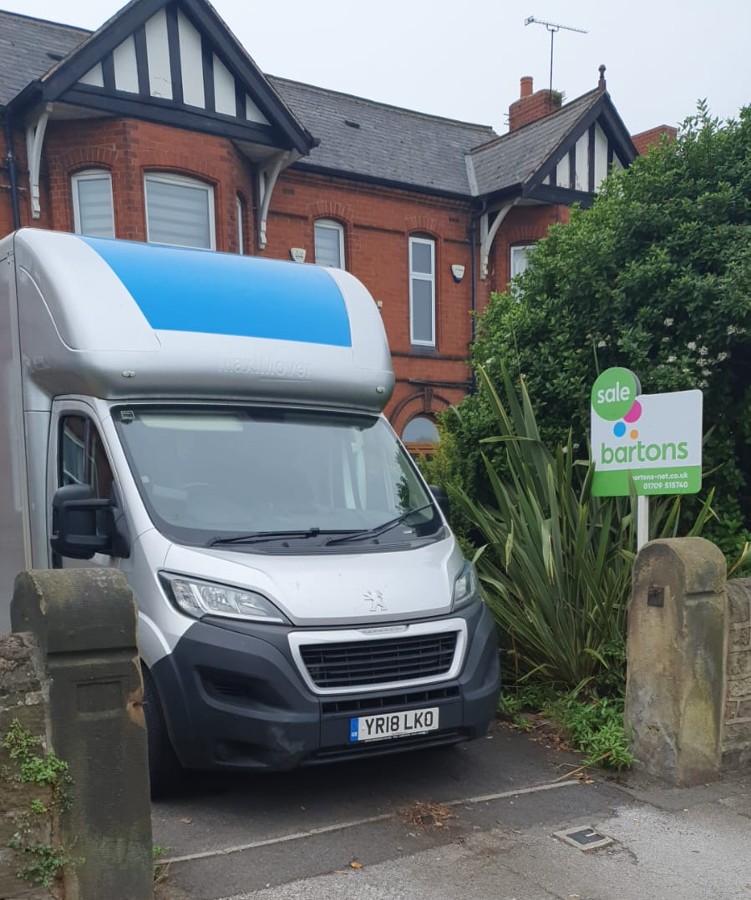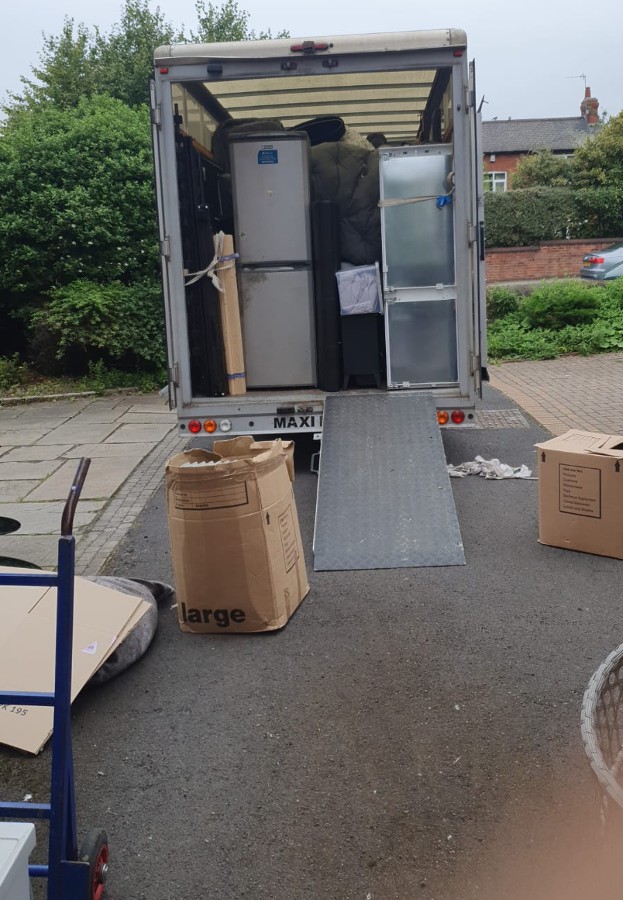Moving house in the United Kingdom involves various costs that go beyond the property price. To ensure a smooth transition, it’s crucial to understand and plan for these expenses. Whether you’re a first-time buyer or an experienced homeowner, Andrews Removals of Sheffield presents this guide to the cost of moving house in the UK will help you navigate the intricacies of these expenses.
Choosing the Right Time to Move
The timing of your move can significantly affect costs. Learn about peak seasons, when demand for moving services is high, and how choosing off-peak times can save you money.
The cost of moving house in the UK
The cost of moving house in the UK can vary widely depending on various factors, including the distance of the move, the day of the move, the size of your current and new properties, and the services you require. Here are some of the typical expenses associated with moving house in the UK:
Estate Agent Fees: If you’re selling your current home, you’ll likely need to pay estate agent fees, which can be a percentage of the sale price. This fee can vary, but it’s usually around 1-3% of the sale price.
Conveyancing Fees: You’ll need a solicitor or conveyancer to handle the legal aspects of the sale and purchase of your properties. Conveyancing fees can range from £500 to £1,500 or more.
Stamp Duty: If your new property costs more than a certain threshold, you’ll have to pay Stamp Duty Land Tax (SDLT). The amount depends on the property’s price, and the rules can change, so it’s important to check the current rates.
Removal Costs: Hiring a removal company to transport your belongings can cost anywhere from a few hundred to over a thousand pounds, depending on the distance and volume of items.
Comparing Removal Companies
Not all removal companies are created equal. Learn how to compare quotes, services, and reviews to select the best fit for your needs.
Additional Services Impacting Costs
Beyond basic moving services, additional offerings can affect the overall cost. We explore services like storage, unpacking, and assembly to help you make informed decisions.
Insurance for Peace of Mind
Understanding the importance of insurance in the moving process is paramount. Discover the types of coverage available and why it’s a wise investment.
Packing expenses
Quality packing materials matter
Investing in high-quality packing materials ensures the safety of your possessions during transit. We explore the types of materials that offer the best protection.
Diy vs. Professional packing
Evaluate the pros and cons of packing yourself versus hiring professionals. Balancing cost and convenience is key to making the right choice.
Specialized packing for fragile items
Certain items require extra care. Uncover tips for packing fragile belongings to prevent breakages and reduce the risk of damage.
Survey Costs: You might want to have a survey done on your new property to check for structural issues. Survey costs vary, but a basic homebuyer’s report can be around £400-£700, while a full structural survey can be more expensive.
Mortgage Fees: There may be arrangement fees associated with your mortgage, which can vary depending on your lender and the type of mortgage you choose.
Home Insurance: You’ll need to arrange buildings and contents insurance for your new home.
Utilities and Council Tax: Don’t forget to budget for setting up utilities in your new home and paying council tax.
Miscellaneous Costs: This can include things like new furniture or decor, cleaning costs for your old or new property, and any unexpected expenses.
Parking and Permit Fees: If you need to reserve parking spaces or obtain permits for the removal van, this can be an additional cost, especially in urban areas.
It’s essential to plan and budget for these expenses to avoid any financial surprises during your move. The total cost can vary greatly, but it’s not uncommon for moving house in the UK to cost several thousand pounds. Be sure to obtain quotes from service providers and factor in all potential expenses to get a more accurate estimate for your specific situation.


